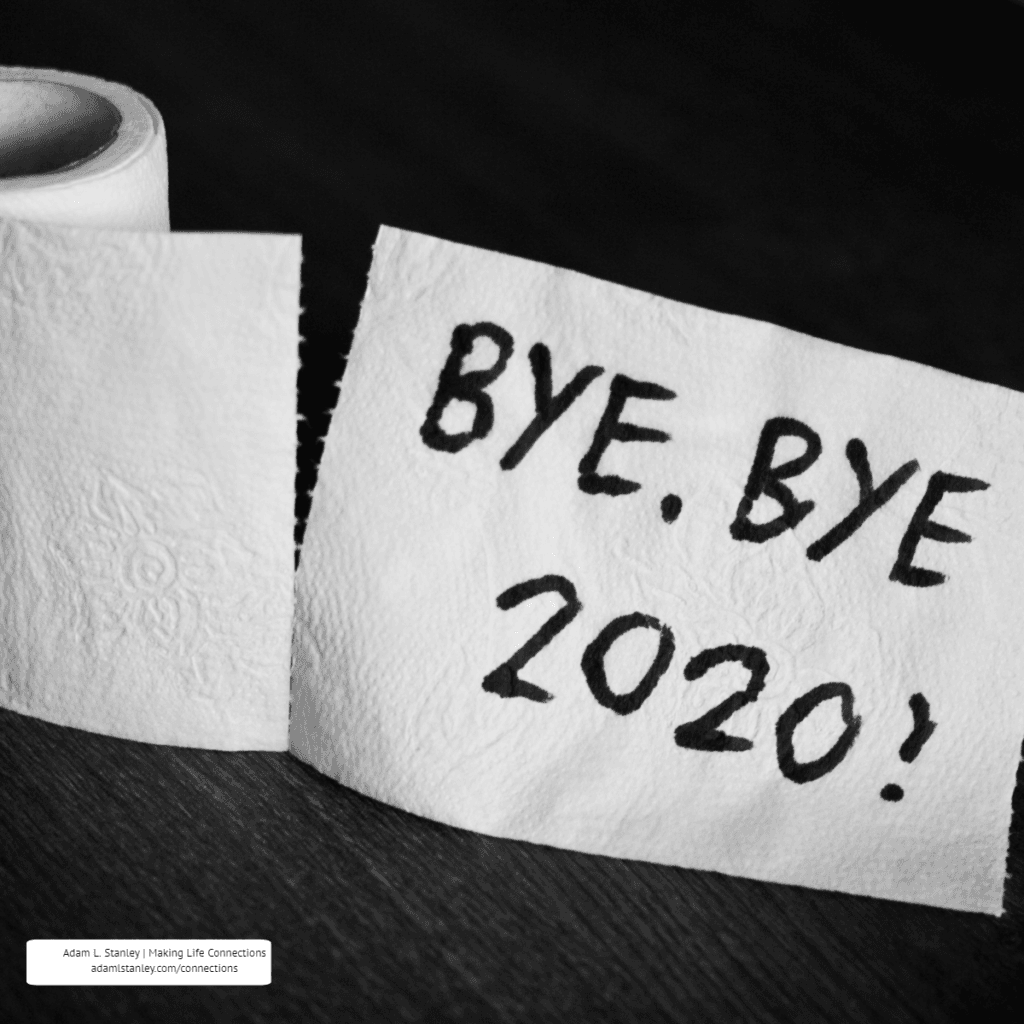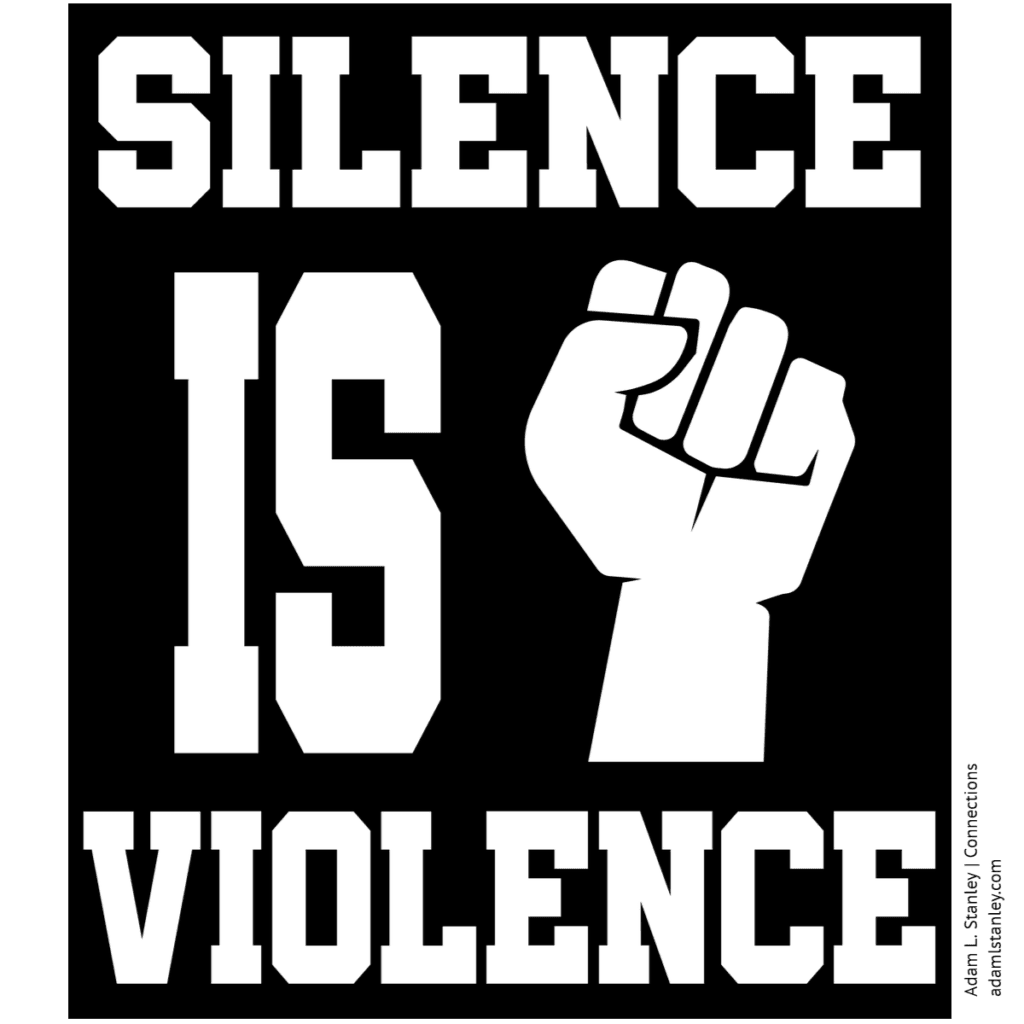My Personal Ten Commandments

Your life will change. Your job will change. Your circle of friends will evolve. But your core values and principles should be consistent. And while you may compromise on compensation, title, which restaurant to dine at or movie to see, there should be certain things about which you refuse to compromise. Here are my updated 10 Commandments.
Tell Me to My Face

If you are already part of a group that does not feel engaged socially or connected politically within a company, your opportunity to thrive may very well be diminished. If on top of that you have a bad manager, your chances of success are even lower. Leaders must fix this problem.
Counting your blessings … even this year

If you really think about it, there was probably another time in your life when you were feeling that you were in the midst of the worst year ever. Somehow you made it through that year as you have this one. And that is the ultimate blessing.
Stop the violence. All the violence.

I support non-violent protests of police criminal negligence and racism. AND I support any and all efforts to end violence in our neighborhoods, including black on black crime. And many many many people do. Being the change you wish to see does not require you to choose only one cause!
Three Simple Asks

…. for my white colleagues and friends Several of my white colleagues that know me well, along with some friends, have asked me for a short list (ha!) of things I feel they should know if they do not take anything else out of the conversations about race in corporate America that have begun in […]
“What to the Slave Is the Fourth of July?”

“What to the Slave Is the Fourth of July?” is the title now given to a speech by Frederick Douglass delivered on July 5, 1852, in Corinthian Hall, Rochester, New York, addressing the Rochester Ladies’ Anti-Slavery Society. Just sharing. Adam
Connections Guest Lessons: What will your chapter or section say during this era?
Connections Life Lessons: Leaders Share Their Stories. What will your chapter or section say during this era? What questions will you leave for future students to discuss?